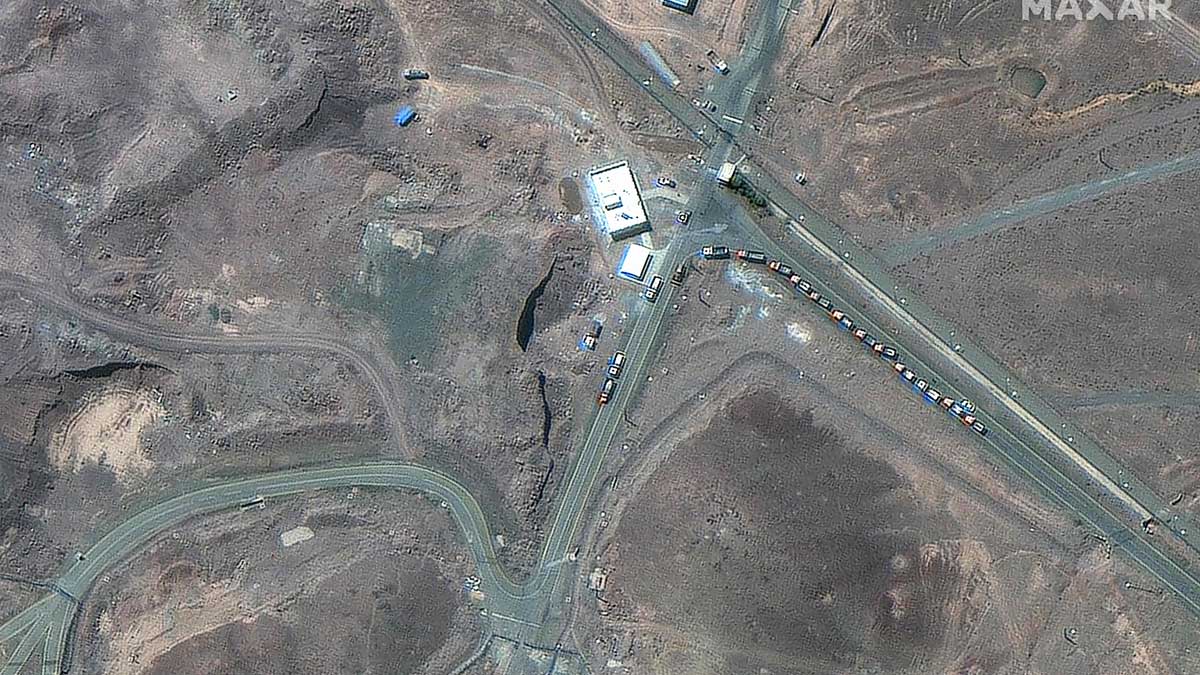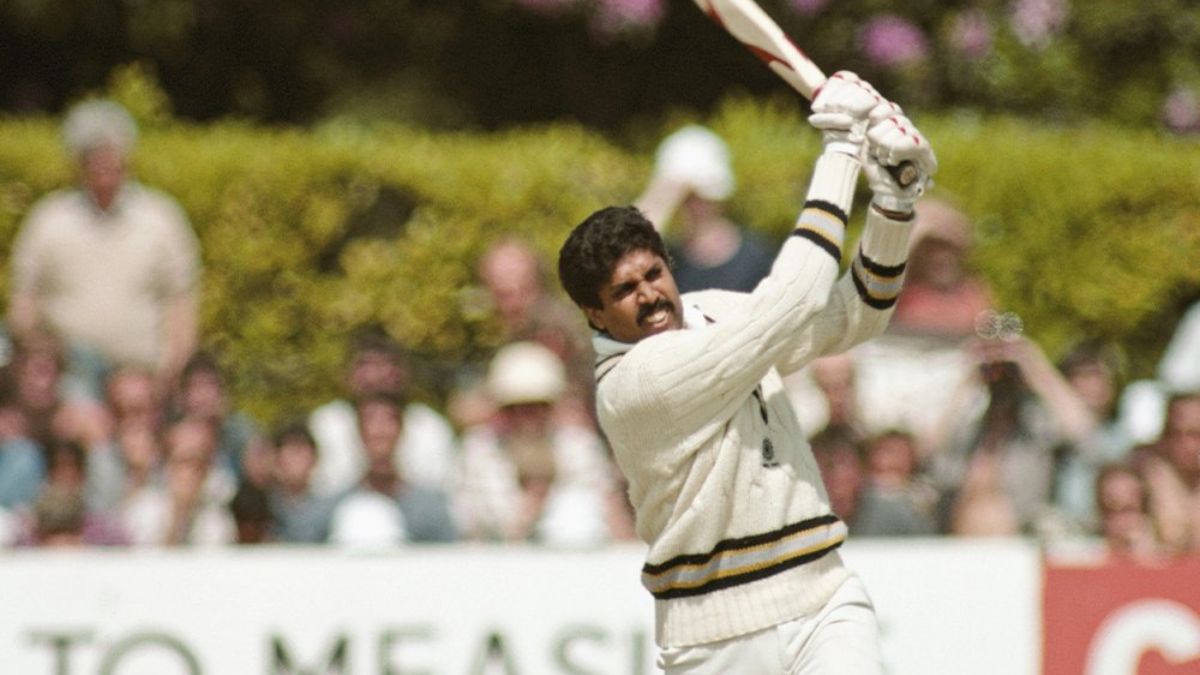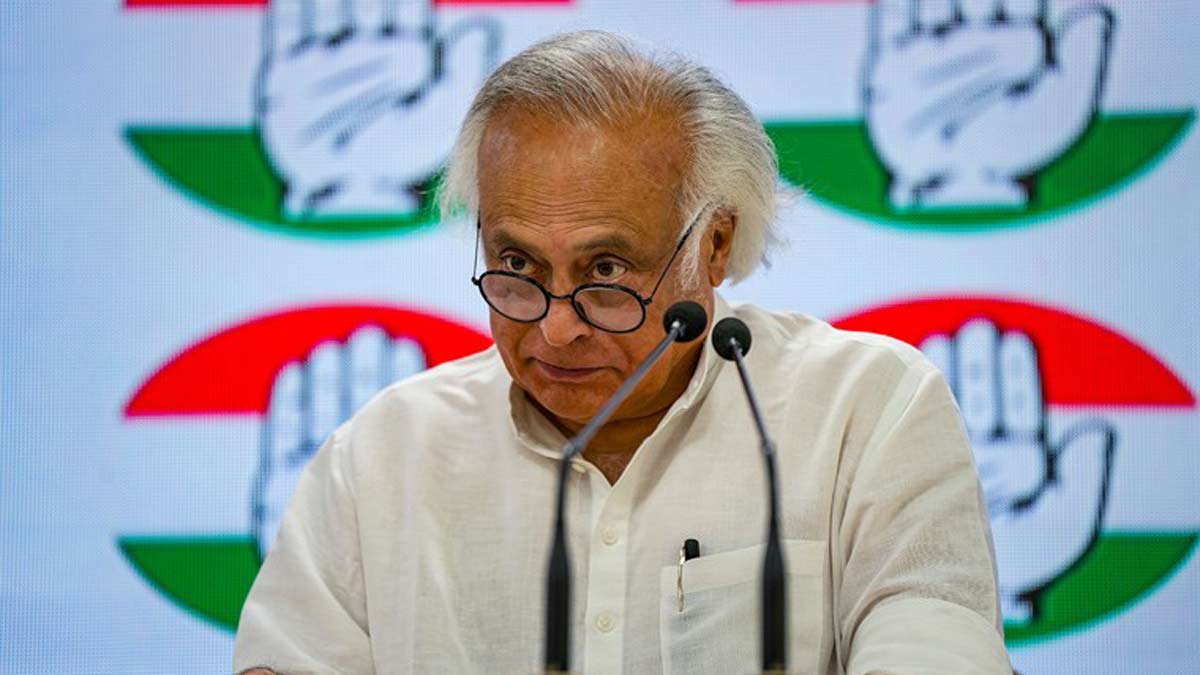
A newly declassified Pentagon report has revealed that U.S. military strikes on Iran’s nuclear facilities during the Trump administration were far less effective than previously claimed. The findings contradict former President Donald Trump’s assertions that the attacks had significantly degraded Iran’s nuclear capabilities. Instead, the report suggests that Iran quickly recovered and even expanded its nuclear activities following the strikes.
This revelation comes amid ongoing tensions between Washington and Tehran, with the Biden administration attempting to revive the 2015 Iran nuclear deal (JCPOA) while facing resistance from hardliners in both nations.
Key Findings of the Pentagon Report
1. Limited Damage to Iran’s Nuclear Infrastructure
The Pentagon’s assessment indicates that U.S. airstrikes and cyberattacks—including the Stuxnet virus and targeted bombings—only caused temporary disruptions. While some facilities were damaged, Iranian engineers swiftly repaired critical equipment, and uranium enrichment activities resumed within months.
2. Iran Accelerated Nuclear Development Post-Attacks
Contrary to Trump’s claims that the strikes had set back Iran’s nuclear program “by years,” the report found that Tehran actually increased uranium enrichment levels after the attacks. By 2020, Iran had breached JCPOA limits, enriching uranium up to 60% purity—far closer to weapons-grade levels (90%).
3. Cyber Operations Had Short-Term Impact
The Stuxnet cyberattack (allegedly a U.S.-Israel operation) temporarily disrupted Iran’s centrifuges in the late 2000s. However, the Pentagon report notes that Iran adapted quickly, improving its cyber defenses and developing more resilient nuclear infrastructure.
4. Covert Sabotage Failed to Stop Progress
While the U.S. and Israel allegedly carried out assassinations of Iranian nuclear scientists and sabotage operations, Iran continued to expand its uranium stockpile and advanced centrifuge technology.
Political Fallout: Trump’s Claims vs. Reality
Trump’s Bold Assertions
During his presidency, Trump repeatedly claimed that his “maximum pressure” campaign—including sanctions and military actions—had crippled Iran’s nuclear ambitions. In a 2020 tweet, he stated:
“Iran’s nuclear program is in shambles thanks to my policies. They’ll never recover!”
However, the Pentagon’s findings directly contradict this narrative, showing that Iran’s nuclear capabilities not only persisted but grew.
Biden Administration’s Response
The Biden administration has used the report to argue for diplomacy over military action. A senior State Department official stated:
“This report proves that military strikes alone cannot eliminate Iran’s nuclear threat. We need a return to the negotiating table.”
However, hardliners in Congress argue that the findings justify even harsher sanctions and preemptive strikes.
Iran’s Reaction: Defiance and Expansion
Iranian officials have dismissed the Pentagon report as propaganda, but they also boasted about overcoming U.S. attacks.
- Ali Akbar Salehi, former head of Iran’s Atomic Energy Organization, claimed:“Our nuclear program is stronger than ever. No amount of sabotage can stop us.”
- Supreme Leader Ayatollah Khamenei recently ordered an increase in uranium enrichment, signaling defiance against Western pressure.
Global Implications: What’s Next?
1. Renewed Nuclear Deal Talks?
The Biden administration is pushing for a revised JCPOA, but Iran demands guarantees that future U.S. presidents won’t abandon the deal again.
2. Risk of Military Escalation
If diplomacy fails, Israel has threatened unilateral strikes—raising fears of a broader Middle East conflict.
3. Nuclear Proliferation Concerns
With Iran closer than ever to weapons-grade enrichment, neighboring countries like Saudi Arabia may seek their own nuclear programs.
Conclusion: A Failed Strategy?
The Pentagon report exposes a critical flaw in Trump’s “maximum pressure” approach: Military strikes and sanctions alone cannot dismantle Iran’s nuclear program. Instead, they may have accelerated Tehran’s progress while deepening regional instability.
As the Biden administration weighs its options, the world watches to see whether diplomacy or conflict will shape the future of Iran’s nuclear ambitions.





